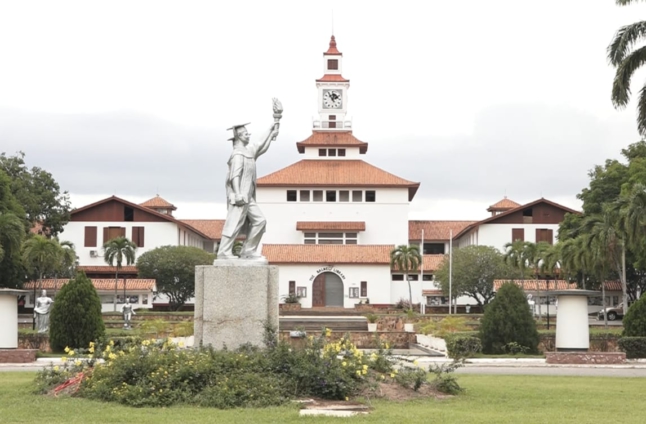Three of Ghana’s leading teacher unions have issued a stark ultimatum to the government: release the delayed 2025 Book and Research Allowance (BRA) by 13 June or face nationwide strike action across all public tertiary institutions.
The University Teachers Association of Ghana (UTAG), the Technical University Teachers Association of Ghana (TUTAG), and the Colleges of Education Teachers Association of Ghana (CETAG) say continued delays in the payment of the allowance have left their members frustrated and disillusioned.
In a joint press statement released on Monday, the unions described the situation as “deeply concerning,” warning that the government’s failure to act promptly would jeopardise academic stability in the country’s public universities and colleges.
“The government must, as a matter of urgency, release the exchange rate and commence the payment process,” the statement read, following a joint meeting of the unions on 8 June.
The Book and Research Allowance, which supports lecturers in their academic and research work, is a legally binding component of their Conditions of Service. According to the unions, it is not merely a benefit but a critical tool for scholarly productivity and national development.
“This allowance is a statutory entitlement and an essential resource for advancing research, teaching, and knowledge sharing,” the unions said.
While delays in disbursement have become a recurring issue in recent years, this time the unions are drawing a firm line. They have categorically rejected any further delays beyond September 2025, stating that such extensions will no longer be tolerated.
“If the government fails to commence the payment process by the 13th of June 2025, this will be considered a strike notice by UTAG, TUTAG, and CETAG across all campuses,” the statement warned.
The unions are calling on the government to act swiftly to protect the integrity of the academic calendar and prevent disruption to teaching and research across the country.
“We urge the government to prioritise the welfare of teachers and the stability of our academic institutions,” they concluded.















